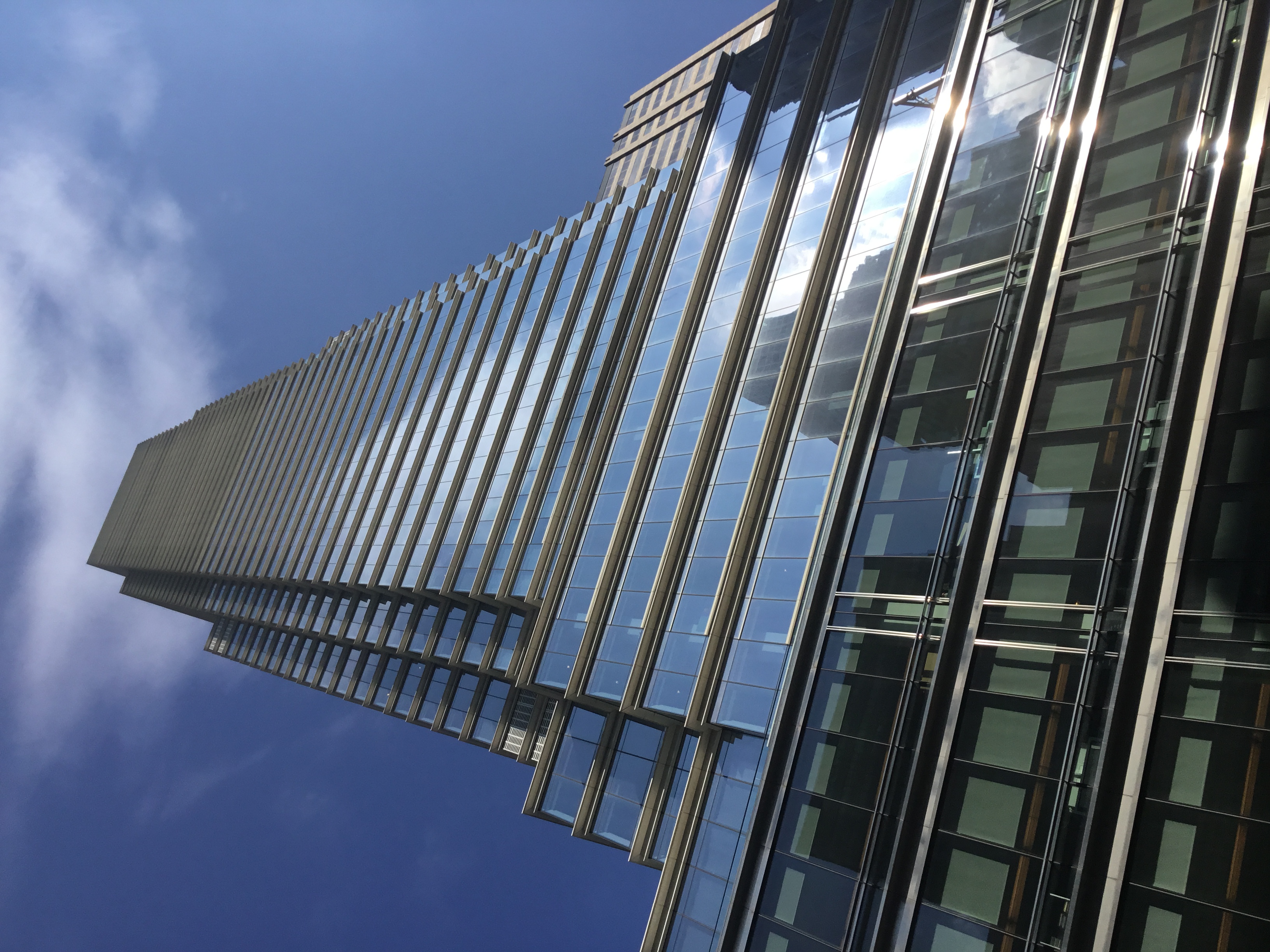Vodafone
Explore the timeline of Vodafone, a leading global telecommunications company, from its inception to present day. Discover the key milestones and events that have shaped Vodafone's journey in the telecom industry, including technological advancements, market expansions, mergers, and strategic initiatives.
Vodafone acquires Mannesmann
In July 2000, Vodafone completed the acquisition of Mannesmann, a German industrial conglomerate, in a deal valued at $181.7 billion. This transaction became one of the largest corporate deals in history and transformed Vodafone into one of the largest mobile telecommunications companies in the world. The acquisition faced significant opposition from the German government and Mannesmann's management, but was eventually successful, marking a pivotal moment in Vodafone's expansion worldwide.
Vodafone launches GPRS
On March 26, 2001, Vodafone launched its new GPRS (General Packet Radio Service) services in the United Kingdom, marking a significant advancement in mobile data services. GPRS offered faster data speeds than its predecessors, enabling mobile users to access internet services more efficiently. This launch was part of Vodafone's strategy to lead in mobile data innovation and cater to the growing demand for data services among its customers, reflecting its commitment to enhancing mobile internet connectivity.
Vodafone buys remaining stake in Japan's J-Phone
On December 19, 2002, Vodafone purchased the remaining shares of J-Phone Communications, a leading mobile operator in Japan. This acquisition brought Vodafone's ownership of J-Phone to 100%, allowing the company to secure its presence in the Japanese telecommunications market. This move was strategic for Vodafone as it aimed to expand into one of the world's most technologically advanced markets, incorporating advanced mobile technologies into its global offerings.
Vodafone acquired Hutchison Essar in India
In February 2007, Vodafone announced its acquisition of a 67% stake in Hutchison Essar, a major Indian telecom operator, for $11 billion. The acquisition was a significant move for Vodafone to enter the Indian market, considered one of the fastest-growing telecommunication markets in the world. This deal positioned Vodafone as a key player in India and expanded its global footprint to include one of the most populous nations, offering substantial growth opportunities in mobile communications.
Vodafone agrees to buy Kabel Deutschland
Vodafone agreed to purchase Kabel Deutschland, Germany's largest cable operator, for €7.7 billion in February 2013. This acquisition aimed to strengthen Vodafone's position in the German market by enhancing its broadband and television service offerings. By integrating Kabel Deutschland's infrastructure, Vodafone sought to provide comprehensive telecommunications services and compete more effectively with rivals in the region. The deal marked Vodafone's continued push into fixed-line services.
Vodafone launches 4G services in India
Vodafone launched its 4G services in India on September 2, 2014, starting with cities like Kolkata before expanding to other regions. This launch marked a significant advancement in Vodafone's services in India, enabling faster mobile internet speeds and enhancing user experience. By introducing 4G services, Vodafone aimed to accommodate the growing demand for high-speed internet and to compete with other telecom operators in the rapidly evolving Indian telecom market.
Vodafone and Idea Cellular merger announced
On March 20, 2018, Vodafone announced its merger with Idea Cellular, one of India's leading telecom players, creating India's largest telecom company. This merger aimed to enhance competition in the Indian telecom sector, optimize operational efficiencies, and expand network coverage. The combined entity, known as Vodafone Idea Limited, targeted improved customer experience and broader service offerings, positioning itself as a leader in the evolving telecommunications landscape in India.
Vodafone sells New Zealand business
Vodafone completed the sale of its New Zealand business to a consortium including Infratil and Brookfield Asset Management for $2.1 billion on July 31, 2019. This divestment was part of Vodafone's strategic plan to focus on its core markets in Europe and Africa. The decision reflected Vodafone's shift in strategy to streamline its operations and invest more heavily in regions where it could achieve better growth and profitability. The sale was seen as a move to optimize Vodafone's global portfolio.
Vodafone Idea rebranded as Vi
On May 5, 2020, Vodafone Idea announced its rebranding as 'Vi', combining the legacy of both Vodafone India and Idea Cellular. The rebranding was accompanied by a new corporate identity and was part of a strategy to bolster the company's market position amidst intense competition in the Indian telecom sector. Vi aimed to signify a unified brand offering enhanced network performance and customer experience, hoping to attract and retain a broad customer base in the competitive market.
Vodafone Group and Google Cloud partnership
On April 15, 2021, Vodafone Group announced a strategic partnership with Google Cloud to jointly develop data analytics and artificial intelligence (AI) solutions. The partnership aimed to enhance Vodafone's ability to offer new digital products and improve customer experiences by leveraging data and artificial intelligence. Vodafone and Google Cloud planned to develop a cloud-based platform to deliver these advanced capabilities across Vodafone's markets, reflecting Vodafone's commitment to digital transformation.
Frequently asked questions about Vodafone
Discover commonly asked questions regarding Vodafone. If there are any questions we may have overlooked, please let us know.
What significant rebranding occurred for Vodafone?
When was Vodafone founded?
When did Vodafone acquire Mannesmann?
How did Vodafone expand internationally?
Related timelines
More timelines connected to Vodafone







